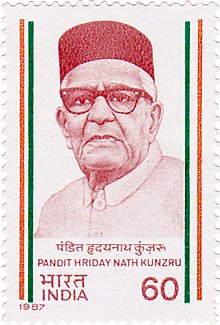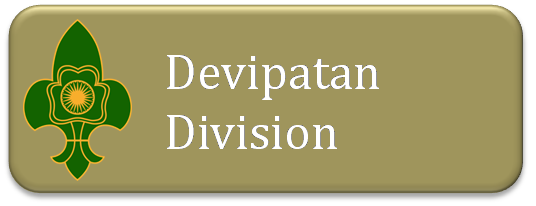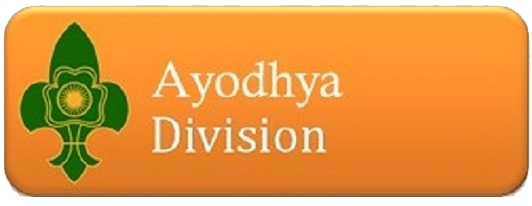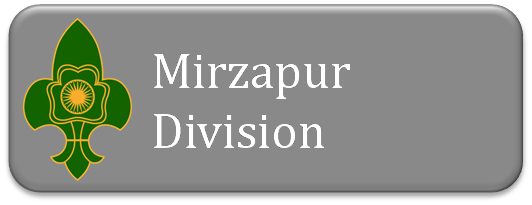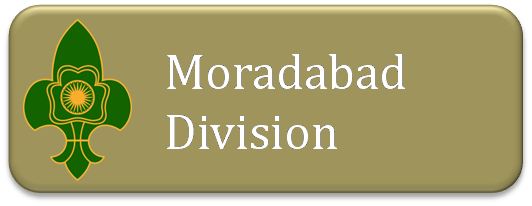|
H. N. Kunzru |
|
|
|
|
|
RajyaSabha |
|
|
In office |
|
|
Prime Minister |
Jawaharlal Nehru |
|
Indian Council of World Affairs President |
|
|
In office |
|
|
Preceded by |
TejBahadurSapru |
|
Succeeded by |
SardarSwaran Singh |
|
Indian School of International StudiesPresident |
|
|
In office |
|
|
Bharat Scouts and Guides National Commissioner |
|
|
In office |
|
|
Preceded by |
Incumbent |
|
Succeeded by |
Justice Vivian Bose |
|
Personal details |
|
|
Born |
1 October 1887 |
|
Died |
3 April 1978 |
|
Political party |
Independent |
|
Other political |
National Liberal Federation |
|
Alma mater |
Agra College, London School of Economics |
|
Occupation |
Public figure |
H. N. Kunzru
HridyaNathKunzru (1 October 1887 – 3 April 1978), a Kashmiri Pandit, was a freedom fighter and Indian public figure. He was a long-time Parliamentarian, serving in various legislative bodies at the Provincial and Central level for nearly four decades. He was a member of the Constituent Assembly of India (1946–50) that drew up the Constitution of India.He was also keenly interested in international affairs and co-founded the Indian Council of World Affairs and the Indian School of International Studies.
Early life and education
Kunzru was the second son of PanditAyodhyaNathKunzru and his second wife Jankeshwari. He was born at Allahabad on 1 October 1887. Even though he had got married in 1908, his wife died in 1911 during childbirth, followed by the death of the child six months later. This was a turning point in his life and he resolved to dedicate his life to public service. He did his matriculation in 1903 and F.A. in 1905 from Agra College. He passed his B.A. examination in 1907 from Allahabad University. Subsequently, he left for the London School of Economics in 1910 where he completed a B.Sc in Political Science.
Career highlights
As a parliamentarian
He became a member of the Legislative Council of the United Provinces (1921–26),and subsequently in the Central Legislative Assembly(1926–30), the Council of States (1936), the Provisional Parliament (1950–52) and the RajyaSabha (1952–64). Kunzru headed two expert committees set up to look into the Railways,the first established in 1944 to amalgamate the various railway companies the existing into the Indian Railways. He also chaired the Railway Accidents Committee set up in 1962. He was Chairman of the Committee established in 1946 that recommended the establishment of a cadet corps which ultimately took shape as the National Cadet Corps in 1948. He headed another Committee that recommended the establishment of the National Defence Academy. He was a member of the States Reorganisation Commission from 1953 to 1955.[1] He was widely traveled and was part of Parliamentary and other delegations to many countries, including South Africa, the United States, Japan, and Pakistan. He also chaired the Pacific Conferences of 1950, 1954, and 1958 organised by the Institute of Pacific Relations.
As an educationist
Kunzru was instrumental in promoting the study of International relations in India. He helped set up the Indian Council of World Affairs and the Indian School of International Studies, using his influence and contacts to raise funds amounting to Rs. 600,000 to build Sapru House, the headquarters of the Indian Council of World Affairs. At various times, he was a member of the Senate and Executive Council of the Benares Hindu University, University of Delhi, Allahabad University, and the Sri Ram Institute, Delhi. In recognition of his work, he was conferred honorary degrees by many of these universities.[3] He was a member of the University Grants Commission for 12 years from 1953 to 1966 and served as its Chairman for a brief period in 1966.
Other accomplishments
He was one of the founders of Indian Scouting, and served as the first National Commissioner of the " title="Bharat Scouts and Guides">Bharat Scouts and Guides. He joined the Servants of India Society, founded by Gopal Krishna Gokhale in 1909 and became its life President in 1936. He was also the first President of the Children's Film Society.
He was part of the preparatory Committee that established the India International Centre and one of its five original Life Trustees. He was also a part of the State Reorganisation Commission.
Honours and awards
- Kunzru was nominated for the highest Indian civilian award, the Bharat Ratna, in 1968 but he declined, citing his opposition to such honours in a Republic, which he had first voiced during the Constituent Assembly debates.
- He was honored on a postage stamp of India in 1987.
- The Defence Affairs Study Centre established in Pune in 1972 under his patronage was renamed as the Kunzru Centre in 1980 after his death.
- The Indian School of International Studies began a series of annual lectures named after him, which continues to this day.
- His honorary degrees included LL.D. (from Allahabad University), D. Litt. (from Aligarh Muslim University),and D.L. (from Benares Hindu University)

